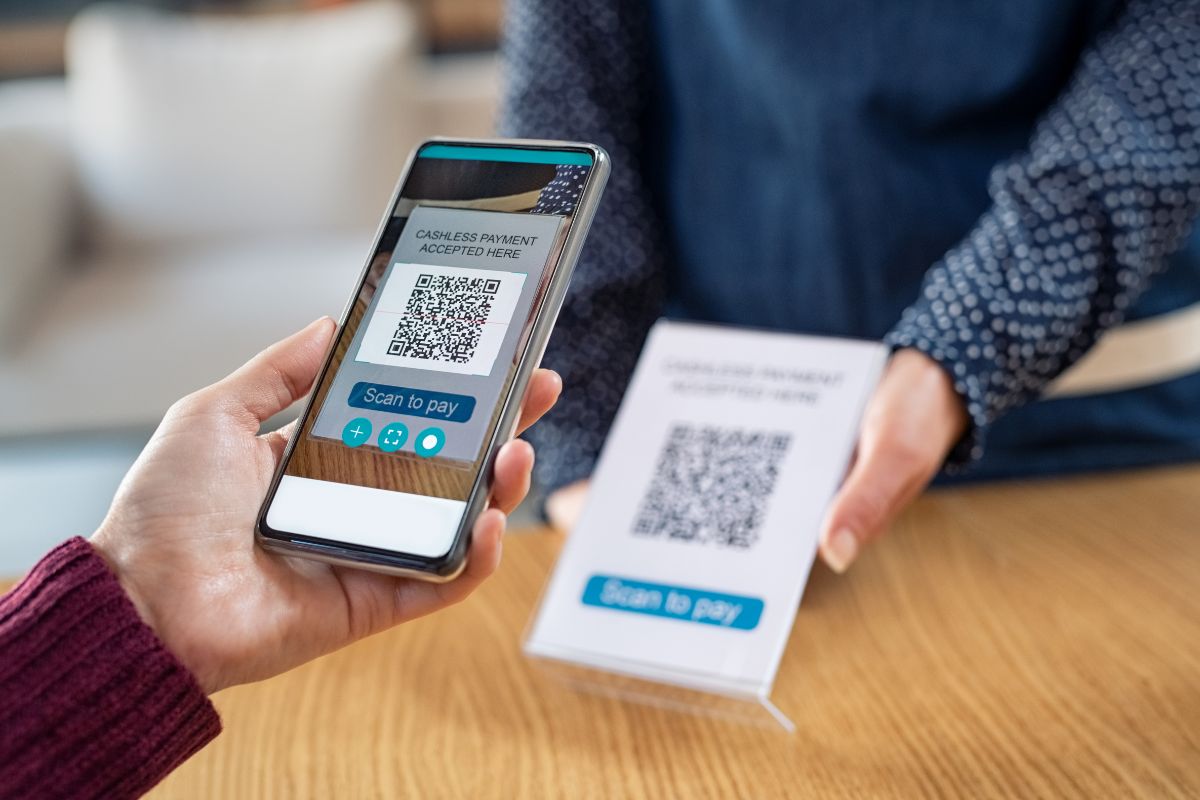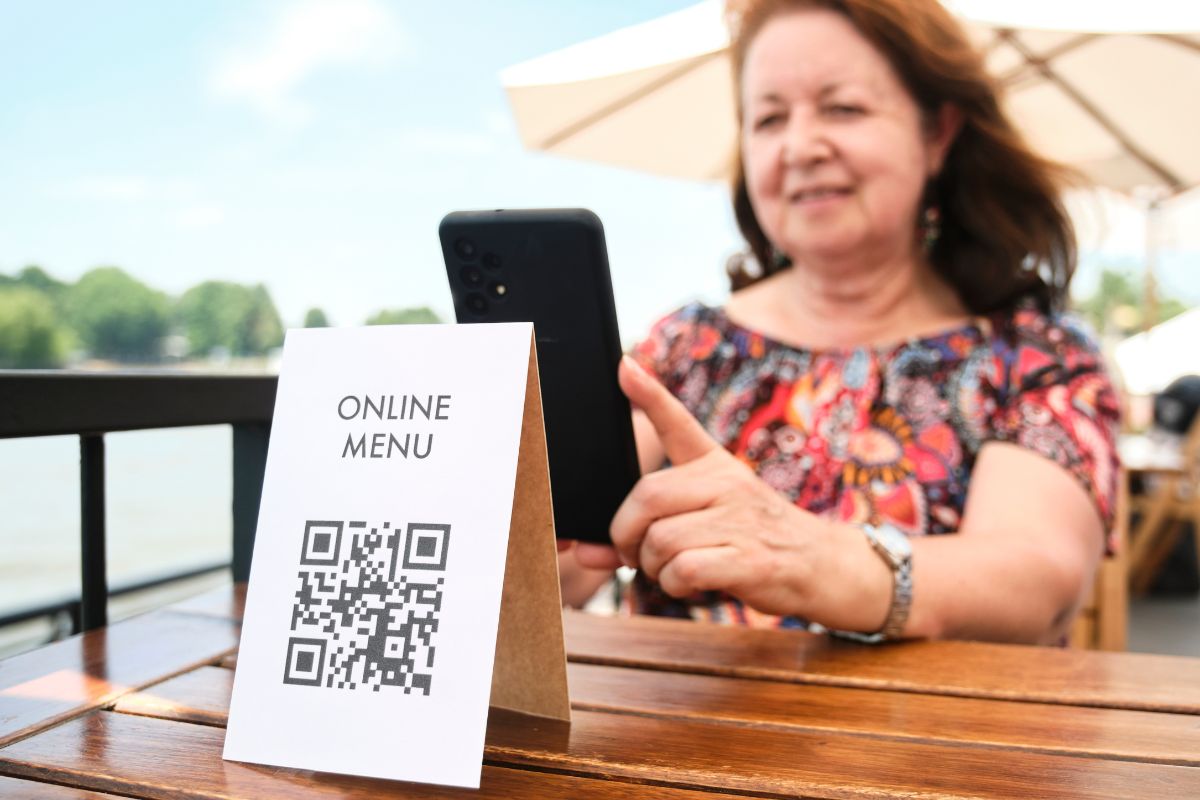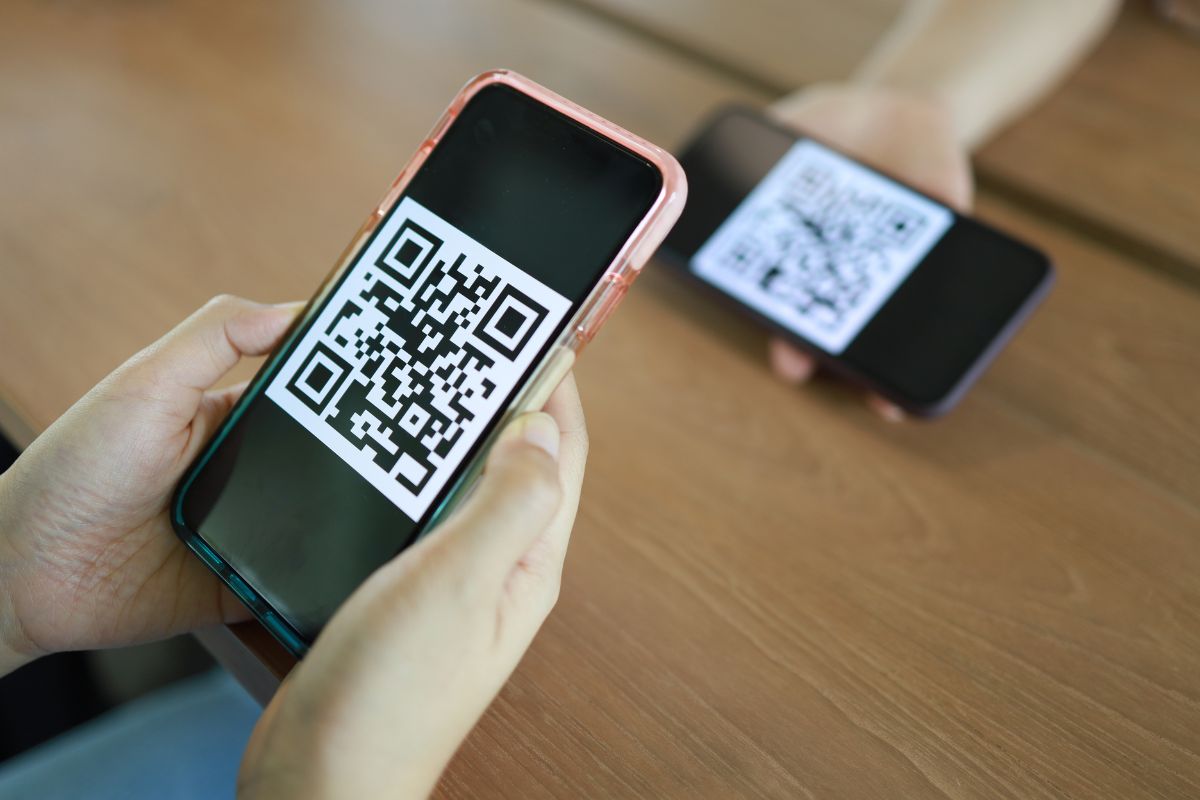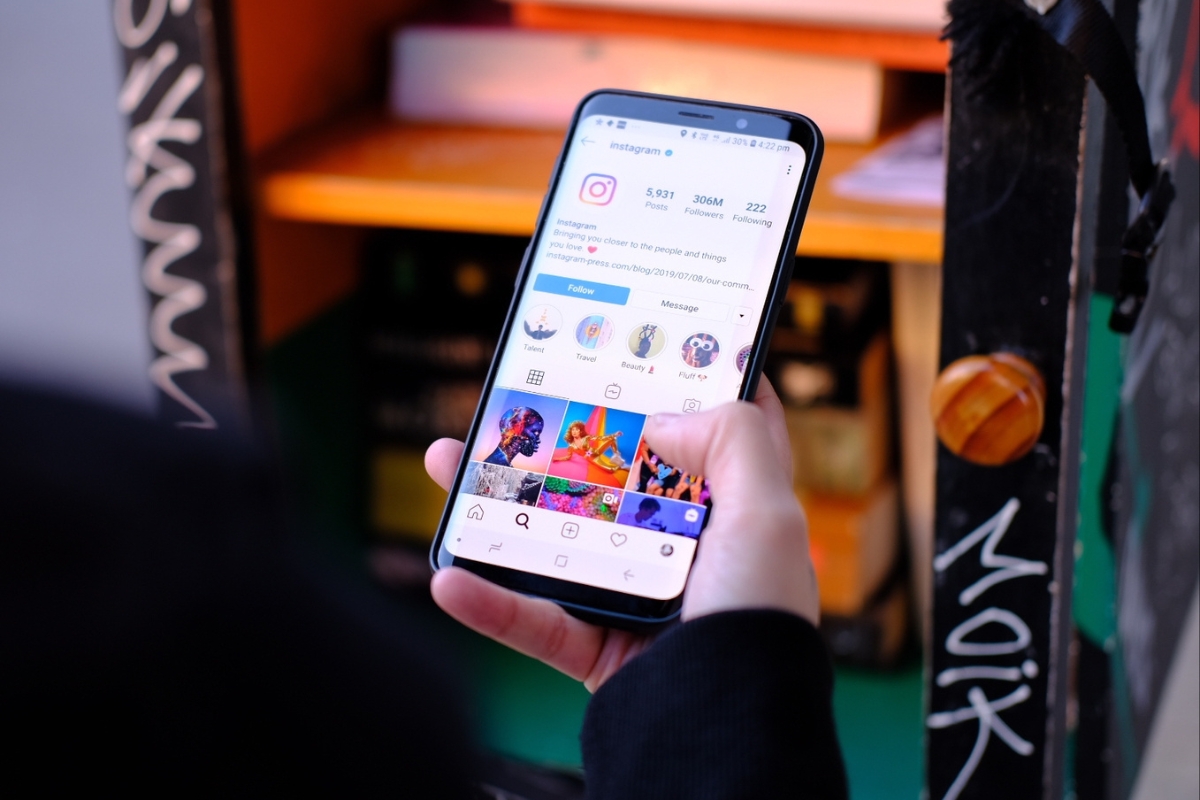In today’s fast-paced business world, QR codes are everywhere—from product packaging and restaurant menus to marketing materials and payment systems. But what are QR codes, and how can they benefit your business? These simple, yet powerful tools have become essential for businesses looking to streamline operations and enhance customer engagement.
In this blog post, you’ll discover the various ways QR codes can boost your business efficiency and drive customer interaction. We’ll explore their technical aspects, benefits, and practical applications, along with tips for implementing them effectively in your operations.
Discover What Are QR Codes
What Are QR codes?

QR codes, short for Quick Response codes, are two-dimensional barcodes that can store a variety of information. Unlike traditional barcodes that only hold a limited amount of data, QR codes can store extensive information such as URLs, contact details, text, and more. They are designed to be quickly read by smartphones and QR code readers, making them highly efficient for various applications.
QR codes emerged from Japan in the mid-1990s, primarily for tracking automotive parts during production. Their adaptability and user-friendly nature quickly propelled them into global use across various sectors like marketing, retail, and hospitality, becoming a ubiquitous tool in modern business strategies.
How QR Codes Work
The technology behind QR codes is relatively simple yet powerful. Each QR code consists of black squares arranged on a white background, which can be scanned by a camera-equipped device. The device then decodes the pattern into readable information. This capability allows QR codes to serve multiple purposes, from directing users to websites to enabling secure transactions.
Benefits of Using QR Codes in Business

Efficiency
QR codes can greatly streamline various business processes, enhancing operational efficiency. In inventory management, QR codes allow for quick and accurate tracking of products, reducing errors and saving time.
For payment systems, QR codes enable fast, secure, and contactless transactions, improving the customer experience and speeding up the checkout process.
Additionally, QR codes simplify data collection by providing an easy way for customers to submit information or feedback, which can then be quickly processed and analyzed.
Engagement
Using QR codes can significantly enhance customer interaction. They provide quick access to a wealth of information, such as product details, instructional videos, or promotional content, all with a simple scan.
This instant access can engage customers more effectively than traditional methods. QR codes are also a powerful tool for running promotions, allowing customers to quickly access special offers or discounts.
Furthermore, they can be used to gather customer feedback, making it easier for businesses to understand and respond to customer needs and preferences.
Versatility
QR codes are incredibly versatile and can be applied across various industries. In retail, they can be used for everything from product information and inventory tracking to loyalty programs and marketing campaigns.
In the hospitality industry, QR codes can enhance the guest experience by providing contactless menu access, room service requests, and local information.
For events, QR codes streamline ticketing, attendee check-ins, and access to event materials. This adaptability makes QR codes a valuable tool for any business looking to improve efficiency and engagement in multiple areas.
Types of QR Codes
| Type | Description | Advantages | Use Case |
| Static QR Code | Fixed and unchangeable once generated. | Simple to create; no need for tracking or updates. | Business cards, product packaging, flyers, and brochures. |
| Dynamic QR Code | Editable and flexible, allowing information updates without changing the code. | Trackability, editability, versatility. | Marketing campaigns, event management, customer feedback forms. |
| Specialized QR Code | Customized versions incorporating logos, colors, and unique designs. | Enhanced brand recognition and visual appeal. | Branding, product packaging, promotions. |
Static QR Codes
Static QR codes are fixed and cannot be changed once generated. They contain a direct link to the information encoded within them. These types of QR codes are best suited for straightforward, unchanging data such as URLs, contact information, and plain text.
Use Cases:
- Business Cards: Embedding contact details for easy saving.
- Product Packaging: Providing fixed information like ingredients or instructions.
- Flyers and Brochures: Linking to a website or event details.
Dynamic QR Codes
Dynamic QR codes, on the other hand, are editable and offer more flexibility than static ones. You can update the information they link to without changing the QR code itself. This makes them ideal for marketing campaigns and situations where the linked content might change over time.
Advantages Over Static QR Codes:
- Trackability: Monitor how many times the QR code has been scanned and gather valuable insights.
- Editability: Update the destination URL or information without needing to regenerate the code.
- Versatility: Use the same QR code for different purposes over time.
Use Cases:
- Marketing Campaigns: Linking to different promotional pages based on the campaign period.
- Event Management: Updating event details or location information without changing the printed code.
- Customer Feedback: Directing users to varying feedback forms or surveys.
Specialized QR Codes
Specialized QR codes are customized versions that go beyond the basic black-and-white design. These include visual QR codes, QR codes with logos, and fully customizable codes that align with your brand’s aesthetics.
Examples:
- Visual QR Codes: Incorporate images or graphics to make the QR code more appealing and on-brand.
- QR Codes with Logos: Embed your company logo within the QR code for brand recognition.
- Customizable Codes: Design QR codes with specific colors, shapes, and themes that reflect your brand identity.
Use Cases:
- Branding: Enhancing brand recognition by using customized QR codes on marketing materials.
- Product Packaging: Making product information more engaging and visually appealing.
- Promotions: Creating eye-catching codes that attract more scans and interactions.
Implementing QR Codes in Your Business

Creating a QR code is a straightforward process that can be done using various free and paid tools. Here’s an easy, step-by-step guide:
- Choose a QR Code Generator: Select a reputable QR code generator. Popular options include QR Code Generator, QRStuff, and Beaconstac.
- Select the QR Code Type: Decide whether you need a static or dynamic QR code. Static codes are fixed, while dynamic codes can be edited later.
- Enter Your Information: Input the data you want to encode, such as a URL, contact details, or text.
- Customize the Design: If desired, customize your QR code with colors, logos, and patterns to align with your branding.
- Generate and Download: Click the generate button and download the QR code in your preferred format (e.g., PNG, SVG).
- Test the QR Code: Before using it, scan the QR code with multiple devices to ensure it works correctly.
Best Practices
To maximize the effectiveness of your QR codes, follow these best practices:
- Placement: Position QR codes in easily accessible and visible locations where customers are likely to see them.
- Size: Ensure the QR code is large enough to be scanned easily. Generally, it should be at least 2 x 2 cm.
- Clear Call-to-Action: Include a clear and concise call-to-action (e.g., “Scan to learn more” or “Scan for a discount”) to encourage users to scan the QR code.
- Contrast and Clarity: Use high contrast between the QR code and the background to ensure it can be scanned easily. Avoid clutter around the code.
- Multiple Platforms: Test the QR code with various QR code readers and devices to ensure compatibility.
Security Considerations
While QR codes are convenient, they can also pose security risks. Address these potential issues by following these tips:
- Use Trusted QR Code Generators: Only use reliable QR code generators to avoid malicious codes.
- Monitor and Track: Regularly monitor the usage of your dynamic QR codes and track any unusual activity.
- Educate Users: Inform your customers about the safe use of QR codes and advise them to be cautious when scanning codes from unknown sources.
- Secure Landing Pages: Ensure that the landing pages or links behind your QR codes are secure and free from malware or phishing threats.
- Update Regularly: Keep your dynamic QR codes updated and remove any outdated codes to prevent misuse.
By following these steps and best practices, you can effectively implement QR codes in your business to enhance efficiency, engage customers, and ensure security.
Leverage QR Codes for Business Growth
Now is the perfect time to integrate QR codes into your business strategy. Start by identifying key areas where QR codes can streamline your operations, engage your customers, and enhance your overall efficiency. Whether you’re looking to improve inventory management, run dynamic marketing campaigns, or offer seamless customer interactions, QR codes offer a versatile and effective solution.
Ready to boost your business operations? Let’s automate your marketing efforts! Our cutting-edge marketing automation services in Atlanta streamline and scale your marketing activities, enhancing customer engagement, saving time and costs, and driving increased ROI.
If you have any inquiries or need guidance on implementing your marketing strategy, we invite you to schedule your free marketing strategy session. Let’s collaborate to unlock new opportunities and drive your business towards the success it deserves!





